Heart Failure Care Pathway
Date
Overview of the care pathway
The heart failure care pathway is based on the ICHOM Set of Patient-Centered Outcome Measures for Heart failure and is the result of hard work by a group of leading physicians, measurement experts and patients. It is their recommendation of the outcomes that matter most to persons with Heart failure.

The heart failure care pathway has the following key moments:
Baseline
30 days post-index event
6 months post-index event
Acute admission (including complication)
30 days post-discharge
6 months follow up after hospital admission
6-monthly for life
Baseline
At the start of the care pathway, the following questionnaires should be completed by your care team:
Baseline Characteristics - Risk Factors (questions about alcohol intake, weight, height, hypertension, smoke status, etc).
Received treatments in the past (e.g medication, CABG, etc)
NYHA classification
Kansas City (KCCQ-12)
Awell automatically calculates BMI and the KCCQ-12.
Follow-up
As you know, heart failure patients regularly need to have follow-up consultations. One week before each consultation, the patient will automatically be invited to fill out the KCCQ-12 digitally. As mentioned before, Awell will automatically calculate the result and push that result to the Electronic Medical Record.
Add steps
In the care pathway, it is also possible to dynamically add steps to the patient journey. These are steps that are not needed in each patient journey and depends on the specific patient situation. That's why healthcare professionals can manually trigger those ad hoc events. There are three add steps available in the care pathway:
Unplanned admission
When a patient is admitted to the hospital with heart disease problems, a healthcare professional can indicate this via the care pathway. When indicating, we will automatically ask the healthcare professional why the patient is admitted to the hospital, if the current therapy needs to change and what the current health status of the patient is. Thirty days after this admission, the patient will be asked to complete the KCCQ-12 questionnaire.
Patient Death
When the patient dies, this can also be indicated in the care pathway. After that, clinical data have to be filled in (e.g cause of death), by a care team member, after which the care pathway will be stopped.
Weight follow-up
For some patients you want to closely monitor their weight. This can be automatically done via Awell. In the pathway a healthcare professional can indicate how frequent they want to request the patients weight (e.g every two days, every week, every month...). Based on that, a message is send to the patient to question their current weight. If the weight increases by +5%, an automatic alert is send to the care team.
Integrations
From your EMR to scheduling or billing, Awell easily connects with your systems so you can create powerful care pathways that tie disjointed systems together.
Dashboards
The following dashboards are available in the care pathway:
KCCQ-12 Heatmap
KCCQ-12 summary score
Weight
Information brochures
In the care pathway a number of information brochures are included:
What is heart failure?
Heart failure guidelines
Advice on nutrition for heart failure patients
Benefits
With the care pathway, we increase efficiency among care providers (e.g reduction in consultation time) on the one hand and improve the quality of care on the other. Our customers see the following benefits:
Automatic data collection based on the ICHOM Standard Set
Automatic scoring calculations
Integrated with your systems (Electronic Medical Record, scheduling, medical billing, online pharmacy & fulfilment, e-prescribing, insurance eligibility....)
Decreased administrative burden for the care team
Automatic alerts to the care team if patients reports alarming Patient-reported-outcomes
Patient can access information brochures about treatment, nutrition guidelines, etc
Clear dashboards that make it possible to understand the patient situation in one view, which results in higher engagement during consultation and an increase in patient satisfaction.
Back






















